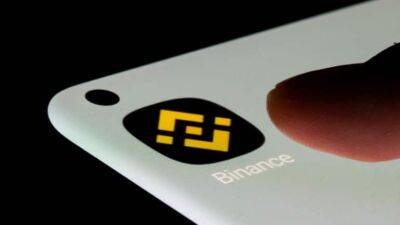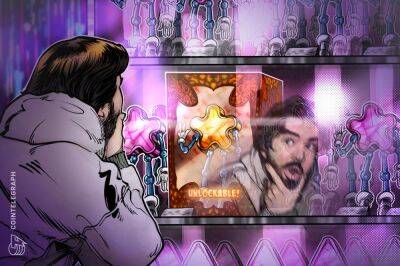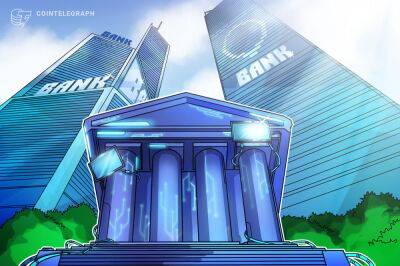Sustainability: What do DAOs need to succeed in the long run?
The rising popularity of decentralized autonomous organizations (DAO) reflects the growing tendency toward the creation of community-focused projects within the Web3 ecosystem.
At its core, a DAO is an organizational structure that allows decentralized decision-making within a community.
Currently, there are over 4,000 of these projects in existence, according to the registration data of DeepDAO. With new tools available to make DAOs easier than ever, quantity can easily overtake quality within these communities and it begs the question of what will eventually make these projects relevant in the long run.
The basic structure for decentralized organizations seems to be similar to any other tech startup: It requires a service or product with added value, a community of users, treasury, a business development plan and marketing.
Speaking to Cointelegraph, Santiago Siri, founder of Proof-Of-Humanity DAO (PoH DAO) — the issuer of the Universal Basic Income (UBI) token — shared his special ingredient to make DAOs sustainable: a committed community:
The community focus is repeated all across the Web3 space, but just having a group of people signed up for your project will not be enough for it to thrive.
As Siri explains, the real priority for a DAO is to give that community a purpose from an early stage. “What usually happens with a project without a soul or purpose, is that a bunch of mercenaries are going to get away with the money without generating value,” he said.
Community as the base of a decentralized structure also supports another rather important factor: funding.
One step that DAOs commonly add to their economic plans for sustainability is tokenization.
Speaking to Cointelegraph, Mitch Oz, DAO Steward for Giveth — a
Read more on cointelegraph.com




